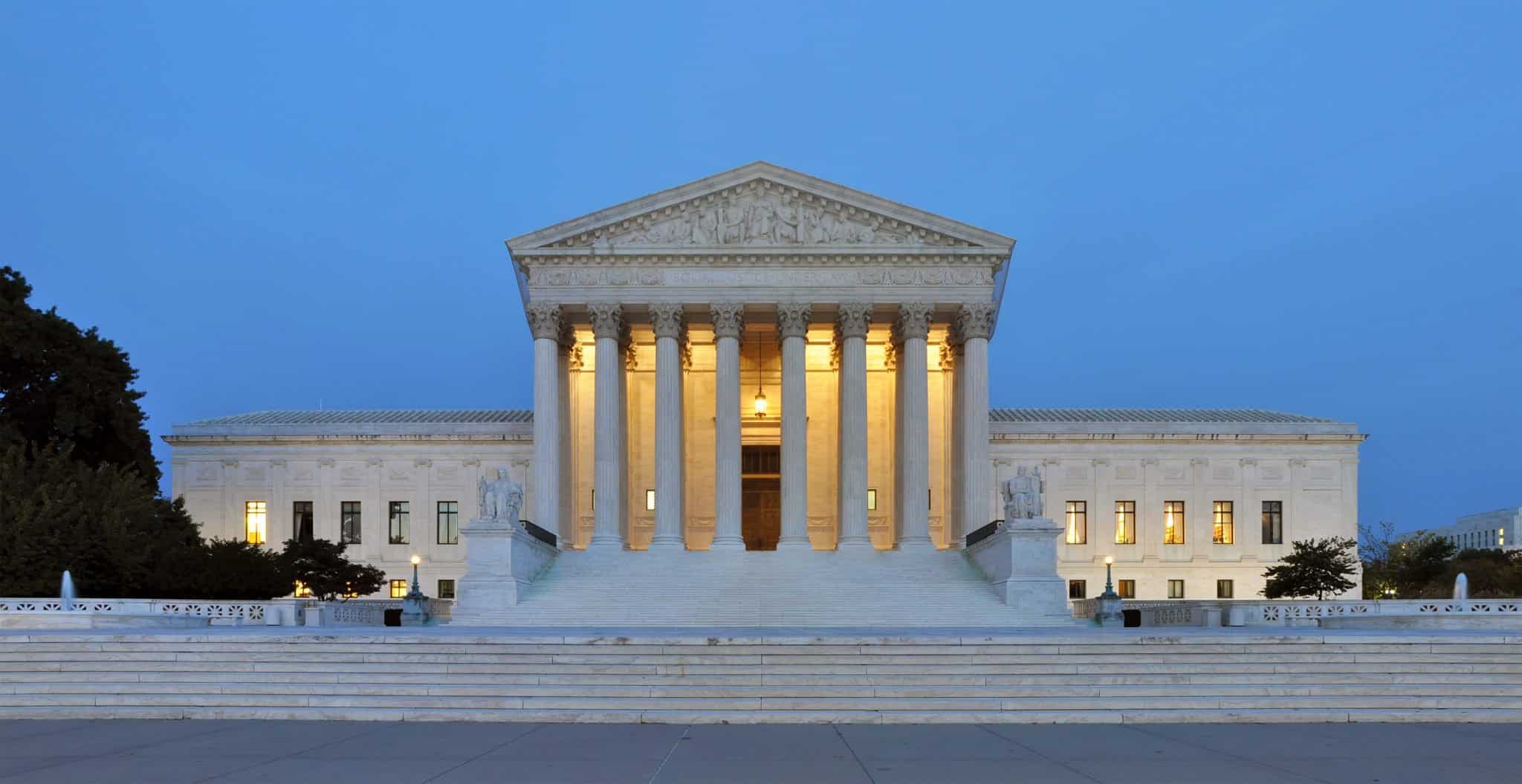
Jason Vazquez is a staff attorney at the International Brotherhood of Teamsters. He graduated from Harvard Law School in 2023. His writing on this blog reflects his personal views and should not be attributed to the Teamsters.
In a memo released Tuesday, the National Economic Council — key White House advisers — insisted that emerging data indicates the sprawling relief package adopted in the spring is boosting wages and fueling economic growth, an effort to recapture the narrative and dispel the economic anxiety deepening among wide segments of the public.
While the memo concedes that labor shortages — which it attributes to pandemic-induced dislocations — have given rise to a degree of consumer hardship, it reframes this as a “positive development” promising to yield considerable pay hikes for working people. The memo stresses the need to continue to juice the economy with renewed injections of social spending, fueled by higher taxes on corporations and the wealthy.
Striking a similar chord, Treasury Secretary Janet Yellen delivered a speech at the Chamber of Commerce on Tuesday in which she informed the corporate elite they must contribute more in taxes to fund Biden’s ambitious domestic spending program and decried the escalating economic inequality resulting from labor’s erosion in bargaining power.
Taken together, the White House memo and Yellen’s speech demonstrate the remarkable extent to which the Biden administration’s economic vision — resting on redistributing wealth, revitalizing labor, and recalibrating the balance of power — has upended the neoliberal orthodoxy that defined economic policymaking in both parties for decades.
Lastly, thousands of McDonald’s workers launched a national strike in more than a dozen cities across the U.S. today, designed to coincide with the company’s annual shareholder meeting tomorrow. Sen. Bernie Sanders (I-VT) and Rep. Alexandria Ocasio-Cortez (D-NY) are slated to join the strikers on the picket line as they demand higher wages. “The time is now to end starvation wages in the richest country in the world,” Sanders said in a press release trumpeting the action.






Daily News & Commentary
Start your day with our roundup of the latest labor developments. See all
February 5
Minnesota schools and teachers sue to limit ICE presence near schools; labor leaders call on Newsom to protect workers from AI; UAW and Volkswagen reach a tentative agreement.
February 4
Lawsuit challenges Trump Gold Card; insurance coverage of fertility services; moratorium on layoffs for federal workers extended
February 3
In today’s news and commentary, Bloomberg reports on a drop in unionization, Starbucks challenges an NLRB ruling, and a federal judge blocks DHS termination of protections for Haitian migrants. Volatile economic conditions and a shifting political climate drove new union membership sharply lower in 2025, according to a Bloomberg Law report analyzing trends in labor […]
February 2
Amazon announces layoffs; Trump picks BLS commissioner; DOL authorizes supplemental H-2B visas.
February 1
The moratorium blocking the Trump Administration from implementing Reductions in Force (RIFs) against federal workers expires, and workers throughout the country protest to defund ICE.
January 30
Multiple unions endorse a national general strike, and tech companies spend millions on ad campaigns for data centers.